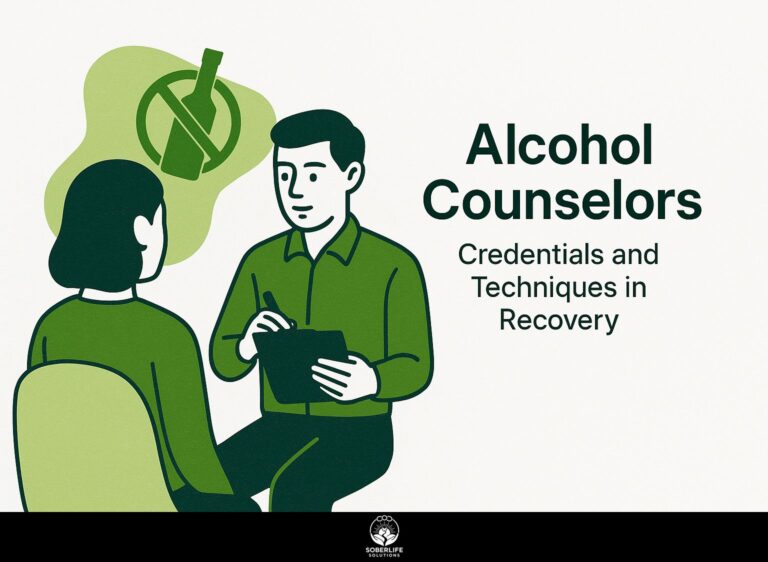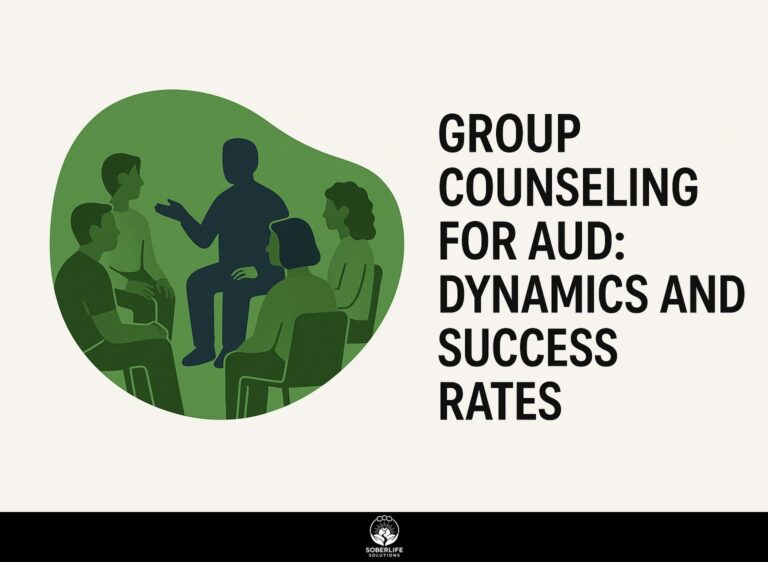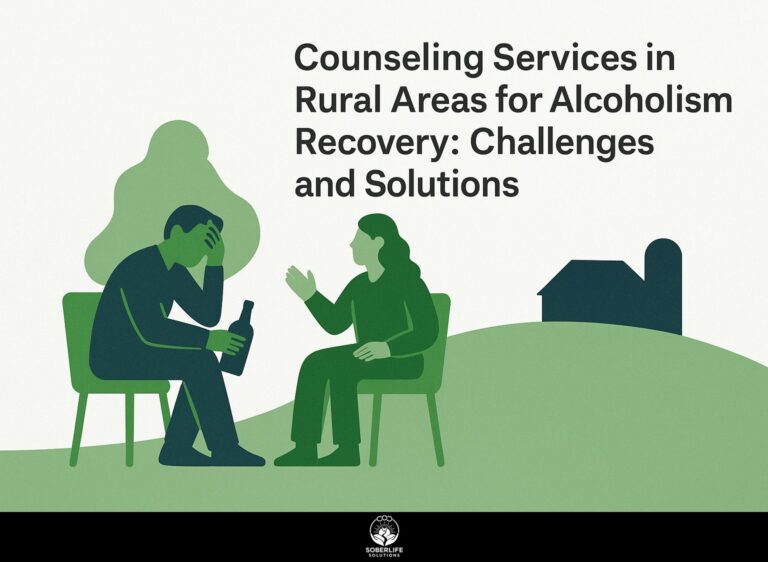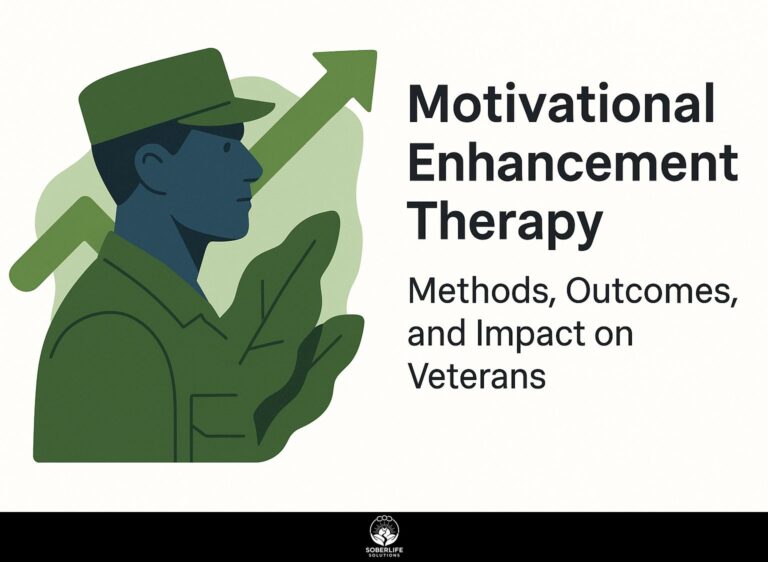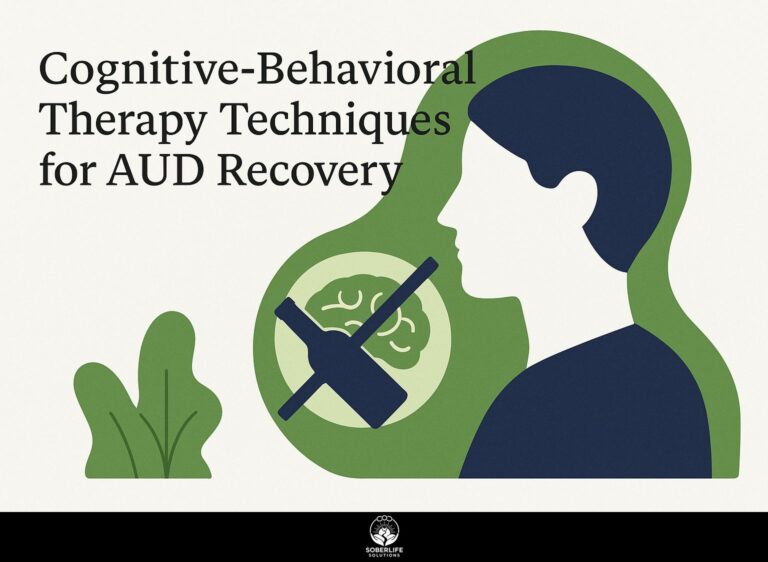How to Choose an Alcohol Counselor: 6 Steps Guide
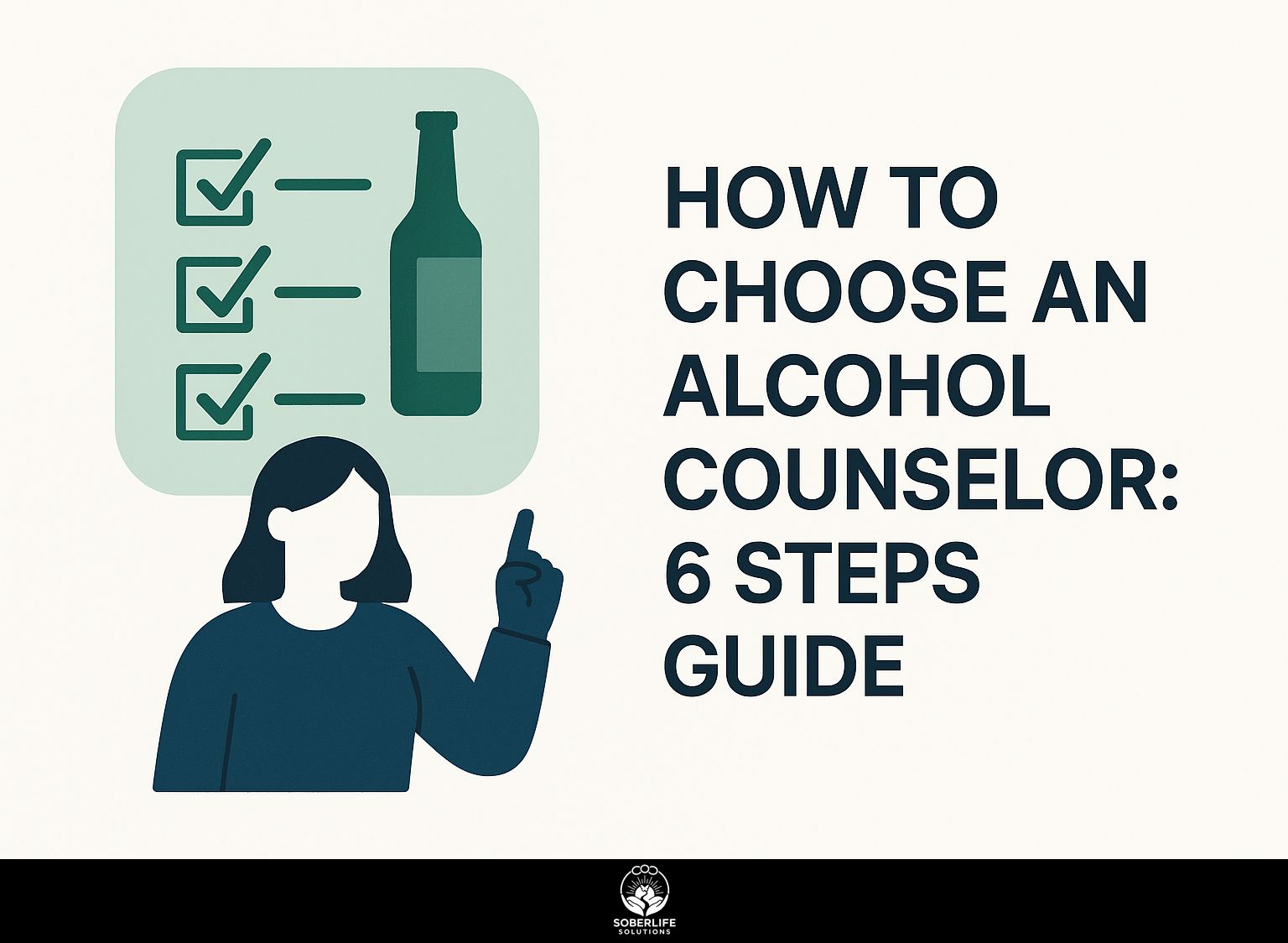
Picking the right alcohol counselor is important for successful addiction counseling. With the increasing demand for substance abuse counselors who possess the necessary clinical experience and meet state certification requirements, finding the right fit can feel overwhelming. This guide outlines six simple steps to help you locate skilled mental health professionals who can support your recovery. Let’s go over how to make this decision with certainty.
Key Takeaways:
Importance of Professional Help
Getting help from professionals offers important emotional support, helping people set recovery goals and manage the challenges of addiction treatment.
Engaging with certified counselors often leads to a higher success rate in recovery, with studies indicating that individuals working with professionals are 40% more likely to achieve their goals.
Counselors emphasize the need to create individual plans that address each person’s unique needs. For example, Cognitive Behavioral Therapy (CBT) works well in dealing with negative thoughts.
Support groups, led by experienced professionals, provide community assistance and promote personal accountability, helping individuals feel connected during recovery. These resources work together to provide a solid base necessary for lasting success, a point emphasized in recent analysis from APA. For an extensive analysis of this approach, our comprehensive study of group counseling for AUD examines dynamics and success rates.
Understanding Alcohol Use Disorder
Alcohol use disorder is a complicated issue that needs a good grasp of addiction counseling and practical behavior strategies.
The DSM-5 says alcohol use disorder can be mild, moderate, or severe based on cravings, tolerance, and loss of control. For example, a person with a mild disorder might sometimes drink heavily but can still manage daily tasks. In contrast, a serious situation might involve a person who continues to drink despite it causing significant issues.
Addiction counseling addresses these issues by employing techniques like cognitive-behavioral therapy, which helps individuals recognize triggers and develop coping strategies. Counselors might include support systems, such as group therapy, to build a feeling of community for people dealing with similar issues. As UpToDate highlights, these approaches are key components of effective treatment strategies. For deeper understanding, our exploration of coping mechanisms in alcoholism recovery delves into practical applications of these strategies.
Step 1: Assess Your Needs
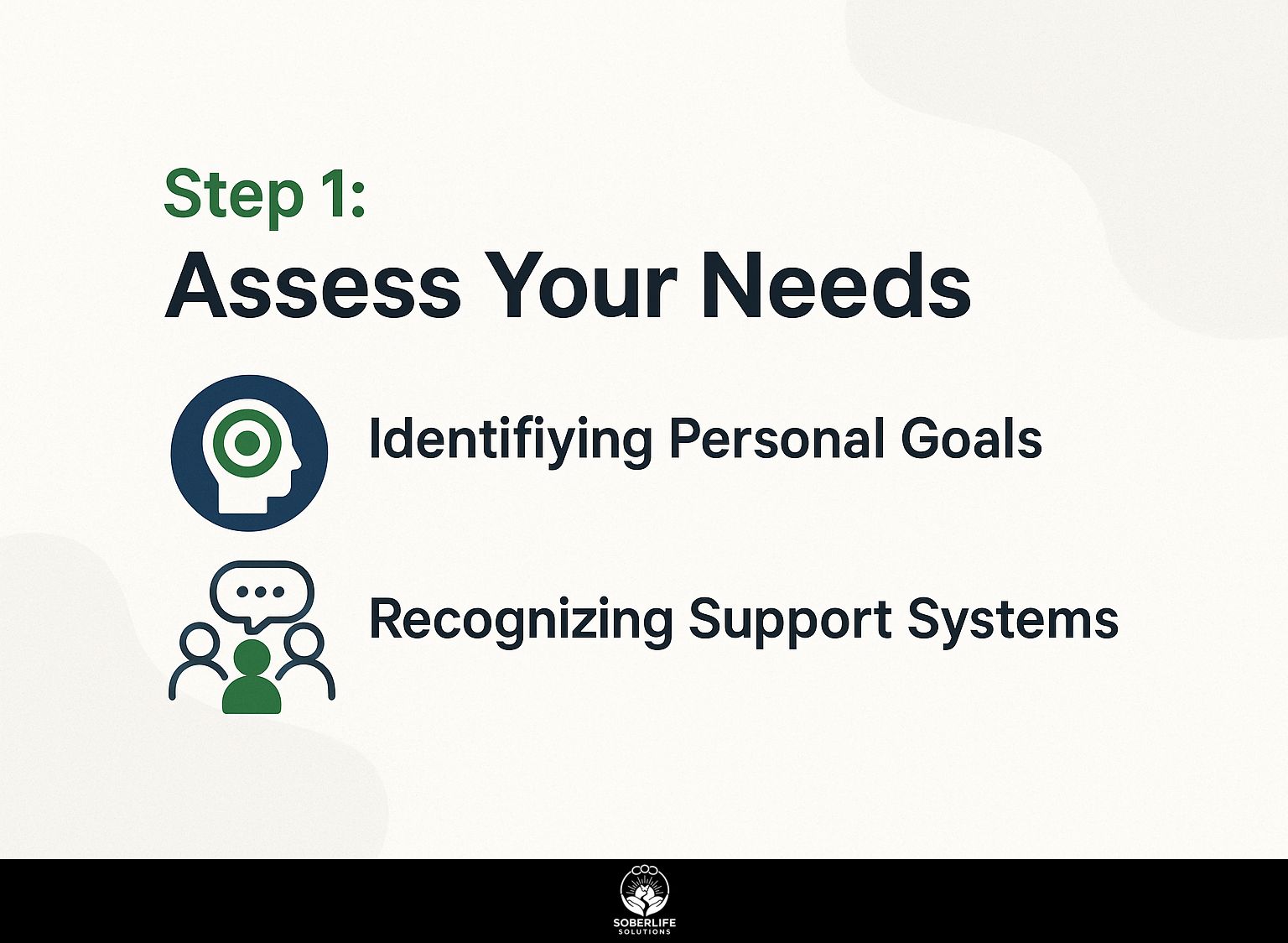
Evaluating your needs is a basic step in selecting the right alcohol counselor, ensuring your situation and goals are addressed.
Identifying Personal Goals
Setting clear personal objectives is important for developing successful treatment plans and aids in forming methods to avoid relapse.
To set goals you can reach, follow the SMART rules: Specific, Measurable, Achievable, Relevant, and Time-bound. For example, instead of saying “I want to drink less,” specify, “I will reduce my alcohol consumption to two drinks per week by the end of the month.”
Tools like habit tracking apps can help measure progress. Consider setting an achievable short-term goal, such as completing a 30-day sobriety challenge.
You improve your chances of success and make a clear plan for your recovery by dividing bigger goals into smaller, doable tasks.
Recognizing Support Systems
Knowing who supports you can help you recover by giving you the emotional help needed to get through difficulties.
Key sources of support are family, close friends, and groups such as Alcoholics Anonymous (AA) or SMART Recovery. To evaluate their effectiveness, consider how each group aligns with your personal recovery goals.
For instance, family can provide unconditional love and motivation, while structured groups offer resources and accountability. Regularly assess your emotional response: do you feel encouraged after family conversations? Is the group’s mutual support beneficial?
Change your strategy by getting more help or concentrating on what aligns with your path.
Step 2: Research Potential Counselors
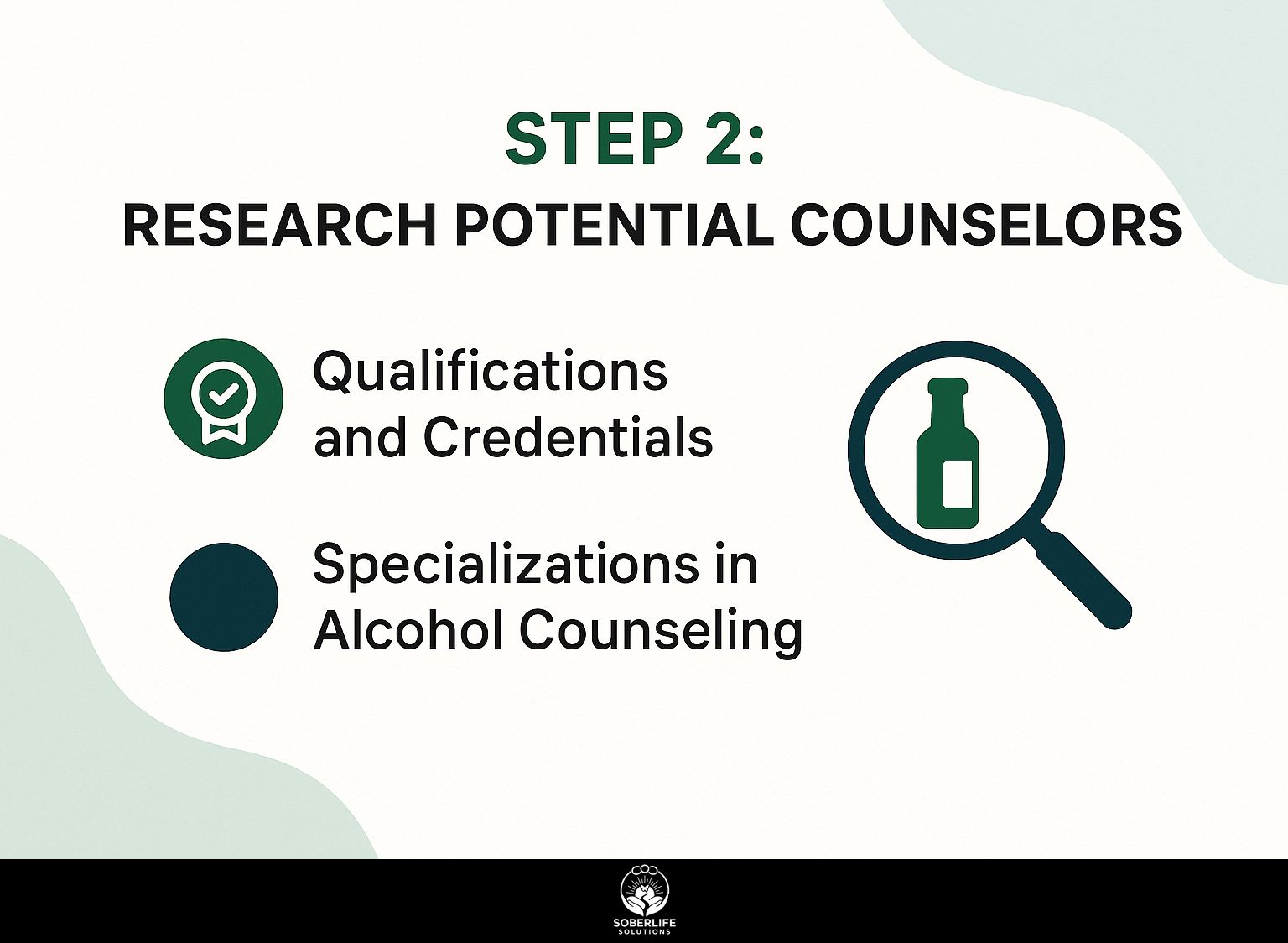
Reviewing possible counselors is important to find a qualified expert who fits your needs in addiction studies.
Qualifications and Credentials
Knowing the qualifications and credentials of potential counselors is important to make sure they follow state licensing rules and professional certification standards.
When evaluating a counselor’s qualifications, consider these critical factors:
- A graduate degree in counseling or a similar area
- State licenses (such as Licensed Professional Counselor or LPC, as detailed by the Pennsylvania government website)
- Professional certifications such as the National Certified Addiction Counselor (NCAC I)
Check for specialization in your area of concern, such as trauma or addiction. Looking for counselors connected with well-known groups, such as the American Counseling Association, can be helpful. Related insight: Alcohol Counselors: Credentials and Techniques in Recovery
Ask for proof of their qualifications during your first meeting to feel assured about their skills.
Specializations in Alcohol Counseling
Counselors often use different techniques, so it’s important to choose one whose skills fit your needs, whether that’s dealing with immediate issues or using well-tested approaches.
For example, individual counseling often deals with issues such as anxiety or depression, providing a customized approach based on the client’s needs.
On the other hand, group therapy works well for relationship problems because it provides a supportive setting where people can talk about their experiences.
Knowing these specializations aids in selecting the correct approach for your particular difficulties.
Make sure the counselor’s method fits your goals for successful treatment, whether you want individual sessions or group therapy.
Step 3: Evaluate Counseling Approaches
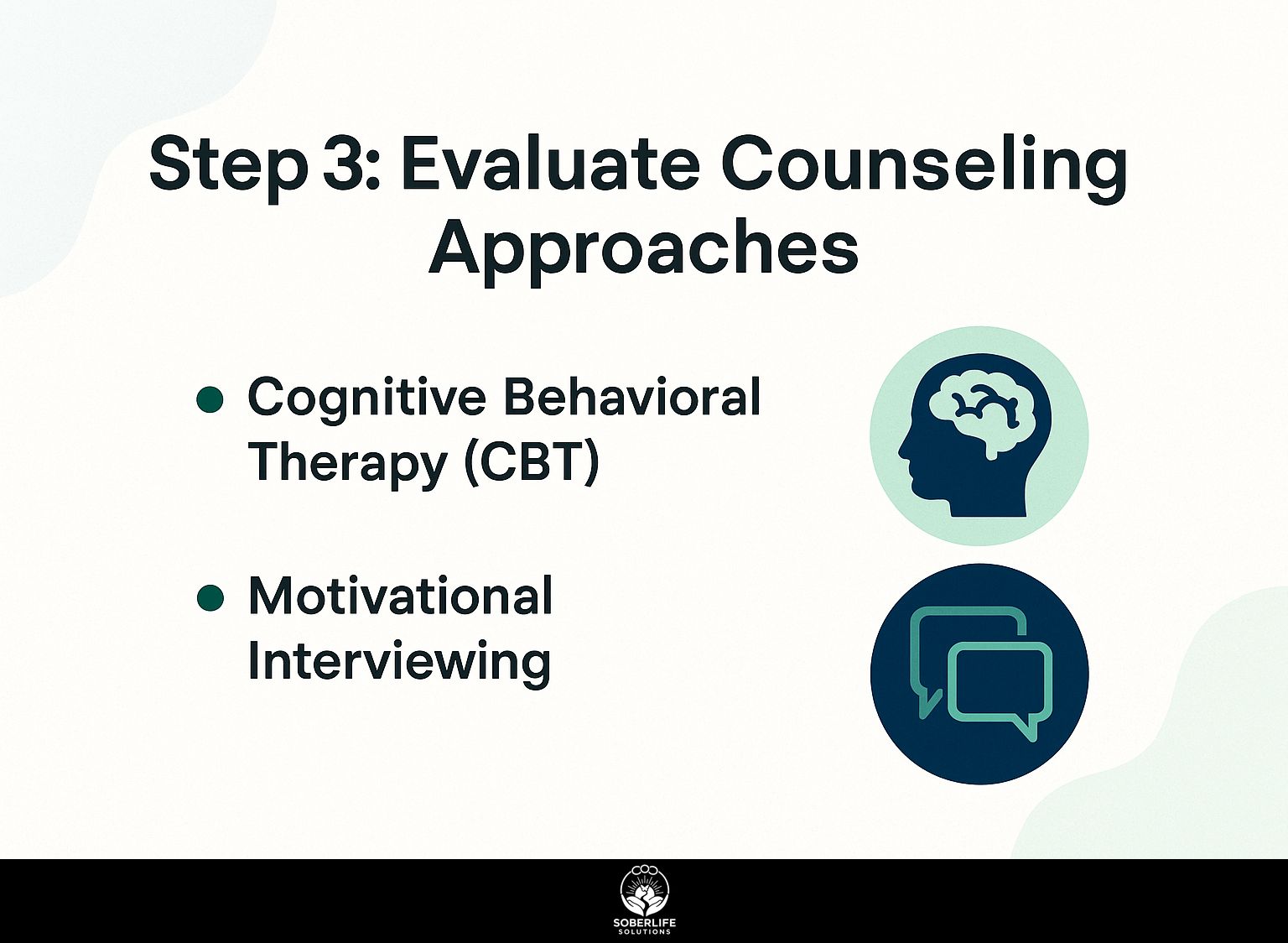
Looking at various counseling methods allows you to find the one that suits your recovery based on what you need and like.
Cognitive Behavioral Therapy (CBT)
Cognitive Behavioral Therapy (CBT) is an evidence-based approach that equips individuals with coping strategies to manage their addiction effectively.
CBT focuses on identifying and changing negative thought patterns that contribute to addictive behaviors. Techniques such as journaling help individuals track triggers and emotions, while role-playing scenarios prepare them for high-risk situations.
Remarkably, studies show CBT can lead to a 50-60% reduction in substance use. For instance, a case study involving a participant who engaged in weekly CBT sessions showcased a significant reduction in cravings and a return to productive daily activities within three months. This aligns with findings from various therapy techniques, such as those detailed in our analysis of Therapy Techniques: CBT, DBT, and ACT for Relapse, which highlights CBT’s effectiveness.
This organized method helps people become stronger and take charge of their lives again.
Motivational Interviewing
Motivational Interviewing is a counseling method focused on the client that encourages them to move forward by increasing their natural desire to change.
Core principles of Motivational Interviewing include expressing empathy, supporting self-efficacy, and rolling with resistance. By establishing a collaborative relationship, practitioners can facilitate deeper discussions about clients’ values and goals.
For instance, using open-ended questions encourages clients to articulate their desires for change, while reflective listening reinforces their feelings and thoughts.
The advantages of this approach, such as increased client participation and reduced dropout rates, result from its respectful approach, which makes clients feel listened to and inspired to pursue their individual paths to change. (For those interested in specific applications, our Motivational Interviewing for Veterans with AUD article offers valuable insights.)
Step 4: Consider Logistics

It is important to think about location and how often sessions are held when setting up a counseling relationship.
Location and Accessibility
Picking a counselor nearby makes it easier to attend sessions regularly and stay involved.
Consider factors such as your daily routine and local community resources. Look for counselors associated with nearby mental health centers, which often provide complete care.
Research each center’s specialties-some may focus on anxiety, while others are better suited for couples therapy. Check if they offer telehealth services, allowing flexibility in scheduling.
Platforms like Psychology Today allow you to sort choices based on location and qualifications, helping you find a good match for your needs.
Session Frequency and Duration
Determining the appropriate session frequency and duration is critical for effective treatment planning and ongoing support.
For first-time clients, a weekly session of 50 minutes is generally recommended to establish rapport and set goals. Over time, many clients find bi-weekly sessions beneficial, especially when they begin to feel more comfortable.
Trial periods, lasting about six weeks, can help assess the effectiveness of this frequency, allowing both the client and counselor to evaluate progress. The counselor can change the schedule to fit the client’s changing needs and comfort, making sure the support stays personal and helpful.
Step 5: Schedule Initial Consultations

Setting up first meetings lets potential clients talk with counselors and see if they feel comfortable before starting treatment.
Preparing Questions to Ask
It’s important to prepare good questions for the first meeting to understand how the counselor works and to make sure their approach matches your goals.
Consider asking about their experience with specific addiction issues, including any relevant credentials or certifications.
Ask about the methods they use for treatment, like cognitive-behavioral therapy, motivational interviewing, or overall wellness approaches.
It’s helpful to talk about past results with clients who have dealt with similar issues and how they keep ethical practices. This shows how well they work and assures you that they follow rules, creating a safe therapy setting.
Assessing Comfort and Rapport
It’s important to see how at ease you are and how well you connect with potential counselors. Building trust in therapy is important as it helps clients move forward.
To effectively gauge this comfort level, pay attention to the counselor’s communication style. Are they attentive and empathetic during your initial interactions? Notice how they respond to your concerns – do they validate your feelings or dismiss them?
Personal connection is also key; try discussing topics that are important to you and see if the counselor engages with genuine interest. Listen to your gut; if something feels off, consider looking for different choices. Choosing the right match can greatly improve your counseling experience.
Step 6: Make Your Decision

Choosing the right counselor is the last step to make sure you have the right support for your recovery.
Trusting Your Instincts
Trusting your instincts during the counselor selection process can lead you to the professional who best aligns with your recovery goals.
When selecting a counselor, consider both logical and emotional factors. Start by looking into possible therapists on websites like Psychology Today or TherapyDen, where you can find detailed profiles.
Pay attention to their specialties and therapeutic approaches, but don’t ignore how you feel about them. Schedule initial consultations with at least two options; this allows you to gauge your comfort level and rapport.
Remember, a strong instinctual connection can often outweigh experience alone, leading to a more effective therapeutic relationship.
Setting Up Your First Appointment
Booking your first appointment is an important step in your recovery, signaling the beginning of positive changes.
To prepare, begin by reviewing your thoughts and feelings in a journal to articulate what you wish to discuss.
When you reach out to schedule, provide your availability and inquire about the counselor’s specialties. On the day of the appointment, bring any relevant medical records or lists of medications.
It’s okay to share any concerns you have about the process, as talking openly can help create a supportive atmosphere. This first step can begin your path to recovery.
Ongoing Evaluation of Counseling Effectiveness
Regularly checking how well counseling is working helps clients stay on track with their goals and keeps ethical standards in place during recovery.
To improve this evaluation process, establish clear goals with measurable results, such as lowering anxiety levels by 30% within three months.
Set up a meeting with your counselor every four to six weeks to talk about your progress. During these sessions, communicate any concerns candidly; for instance, if you feel the sessions aren’t addressing your needs, express this openly.
Ask for adjustments in approach or techniques-like incorporating mindfulness exercises-if necessary to stay aligned with your goals.
Frequently Asked Questions
What is an alcohol counselor and why should I choose one?
An alcohol counselor is a trained professional who specializes in helping individuals struggling with alcohol addiction. Choosing an alcohol counselor can greatly benefit those who are looking to overcome their addiction and maintain sobriety in the long term.
What are the steps to choosing an alcohol counselor?
The six steps to choosing an alcohol counselor are: 1) assessing your needs, 2) researching available counselors, 3) checking credentials and experience, 4) considering specialization, 5) evaluating cost and insurance coverage, and 6) scheduling an initial consultation.
What should I consider when assessing my needs?
When evaluating your needs, consider how severe your alcohol addiction is, if you have any mental health issues, and your personal preferences about treatment methods and location. This will help you narrow down your search for an alcohol counselor.
How can I research available alcohol counselors?
You can research available alcohol counselors by asking for recommendations from trusted sources, searching online directories, and contacting local treatment centers for referrals. You can also consult with your healthcare provider for potential options.
Why is checking credentials and experience important when choosing an alcohol counselor?
Look at a counselor’s qualifications and background to be sure they can address your particular concerns. This includes looking at their education, licenses, and certifications, as well as their previous experience working with individuals struggling with alcohol addiction.
What if I need specialized treatment for my alcohol addiction?
If you have specific needs or preferences for your alcohol addiction treatment, such as gender-specific, religious, or LGBT-focused counseling, it’s important to consider a counselor who specializes in that area. This can greatly improve the effectiveness and comfort of your treatment experience.

